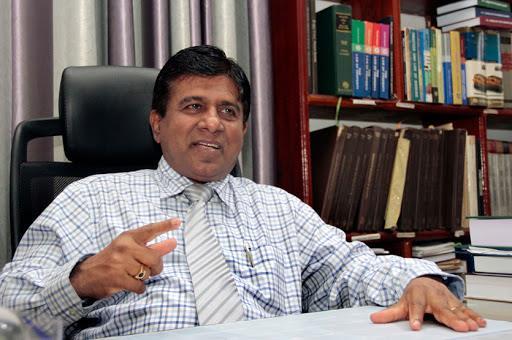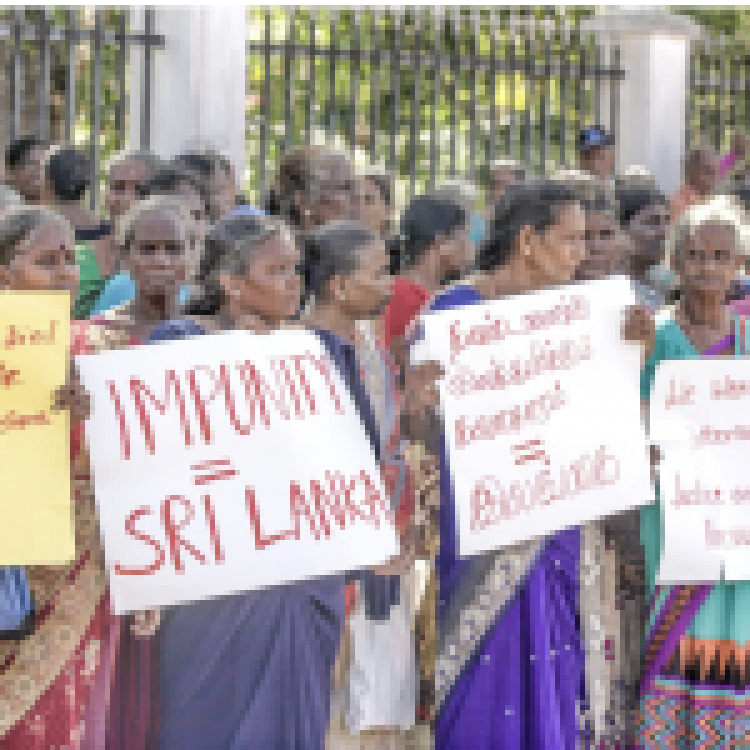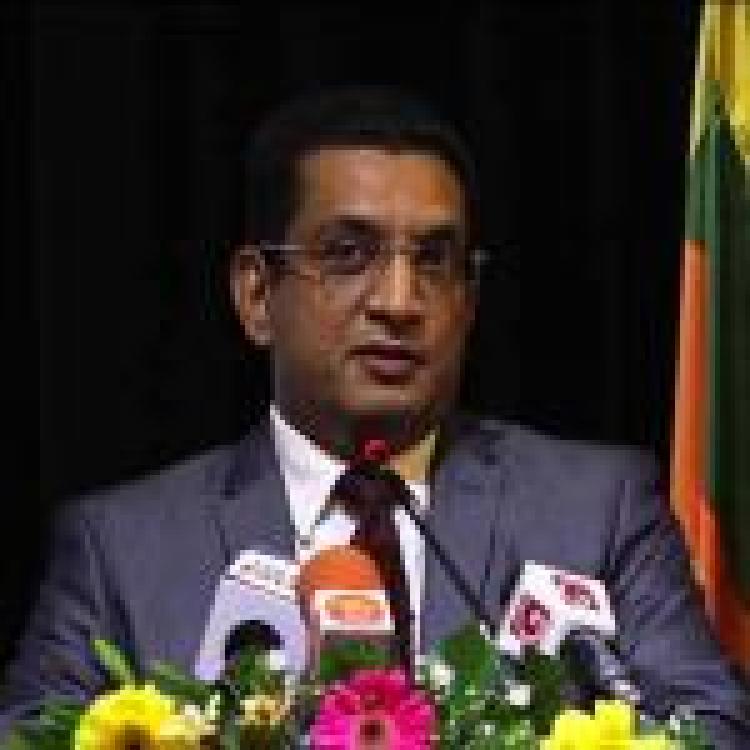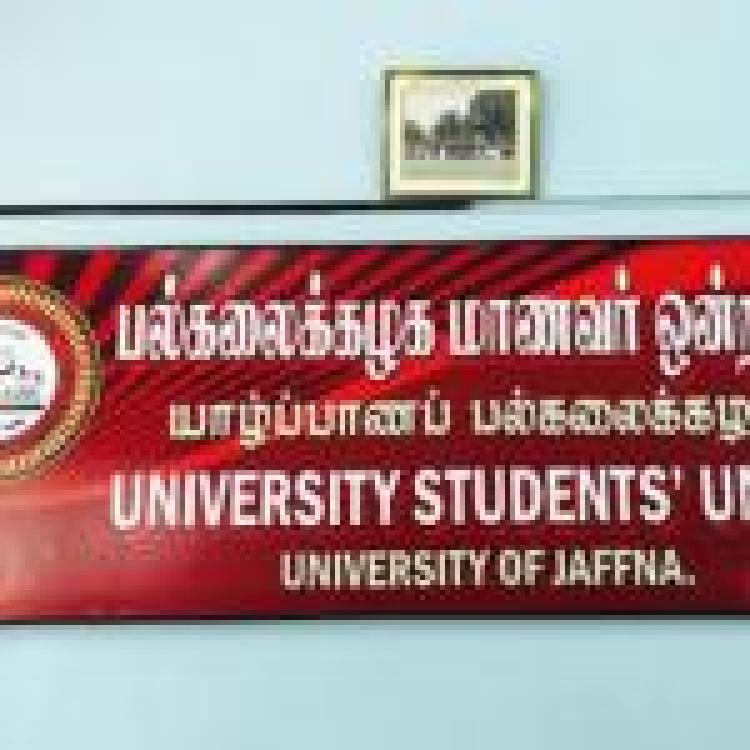
Responding to the passage of UN Human Rights Council (UNHRC) resolution 51/L1, Sri Lanka’s justice minister, Wijeyadasa Rajapakshe slammed the government for what he described as a “non-existent robust foreign policy” and placed blame on the Tamil diaspora.
“There were many MPs from the House of Commons in the UK who expressed opinions against Sri Lanka in the past based on the versions given by Tamil diaspora elements, not a single Sri Lankan diplomat sought a meeting with those MPs to present our case,” Rajapakshe told the Sunday Times LK.
The justice minister's statement follows that of foreign minister, Ali Sabry, who similarly castigated the Tamil diaspora for "heavy lobbying" for the resolution.
Read more here: Sri Lanka blames ‘Tamil diaspora’ for UN resolution ahead of crucial vote
Speaking to the newspaper, he alleged that Sri Lanka’s foreign service was inept, with those politically loyal to the current administration appointed to key positions rather than those skilled at defending Sri Lanka’s interests.
The UN resolution was passed with 20 votes in favour, 7 against, and 20 abstentions. This is the lowest number of member states that have backed Sri Lanka in a vote at the UN Human Rights Council since resolutions on accountability were first passed in 2012.
The UN Human Rights Council has adopted resolution 51/L1 on Sri Lanka, which will “extend and reinforce the capacity of the Office of the High Commissioner to collect, consolidate, analyse and preserve” evidence that may be used in future war crimes trials.
Rajapakshe’s record has been mired in controversy, from having advocated for the rape of lesbians to lashing out at UN Special Rapporteur Ben Emmerson and denying the need for an international investigation into war crimes.
Read more here.




